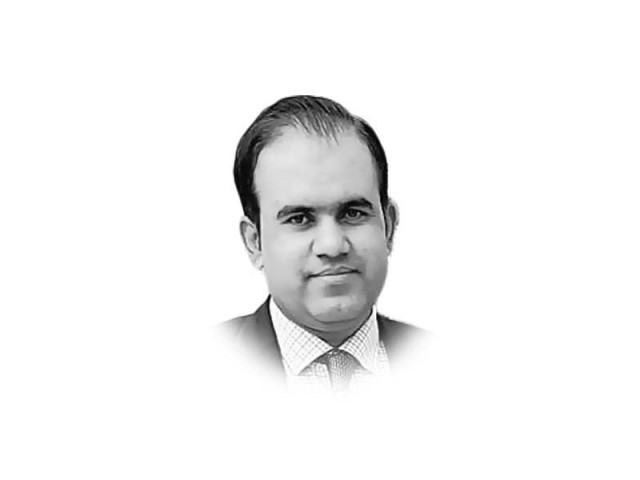Growing threats of Hindutva politics
Since the Modi-led BJP came to power in 2014, Hindu nationalism has come to dominate the Indian political landscape

Recently, Hindutva ideology is in full pursuit with political tactics. The decade-long dominancy of the Indian National Congress has ended, and Indian politics has been dominated by BJP. Hindu nationalism has been part of Indian politics and, at various points, has been employed as a populist political tool by both of India’s major political parties. However, since the Modi-led BJP came to power in 2014, Hindu nationalism has come to dominate the Indian political landscape. The BJP is widely seen as the political wing of RSS, an Indian right-wing, Hindu nationalist, and paramilitary volunteer organisation. Hindutva is the belief in the hegemony of Hinduism in India and the establishment of the country as a Hindu state. Contrary to its constitutional claims of being a democratic and secular country, India is dominated by the Hindutva ideology.
India, the so-called largest democracy, is being governed by Hindu extremists who are in pursuit of dominating the region, thereby posing a serious threat to religious minorities in India, particularly the Indian Muslim minority and the people of Kashmir. The pursuit of Hindutva ideology is pushing the 200 million-strong Muslim minority in India towards trouble. Since the Modi-led BJP government came to power, there has been an intensification of communal and religious tensions in India. In recent years, there have been frequent human rights violations in India. On October 18, 2022, the Indian government approved the release of 11 men sentenced to life in prison for gang-raping Muslim women and murdering members of their families during the 2002 Gujarat riots, where nearly 2,000 people, mostly Muslims, were killed in religious violence when Modi was the chief minister of the state. On October 19, 2022, UN chief Antonio Guterres, during his visit to India, expressed deep concerns regarding the continuous human rights violations in India.
In addition, human rights abuses in Jammu and Kashmir continue to worsen the lives of the Kashmiri people. On October 17, 2022, the Indian PM, while addressing a rally in Gujarat, said he had resolved the issue of Jammu and Kashmir. Here arises a question: Has Modi resolved the Kashmir dispute and given the right of self-determination to the people of Kashmir? The answer is simply No. By abrogating Article 370 of the Indian constitution and removing the special status of the Kashmir valley, Modi has indeed rubbed salt into the wounds of Kashmiris. The Modi government, under the ideology of the RSS, has made the lives of the Muslims in Kashmir hell and used this brutal tactic to turn the Muslim majority of the territory into a minority.
Furthermore, the Modi-led Hindu nationalist government has also increased its attempts to dominate the region. Not only Pakistan but also other countries in the region are unwilling to accept Indian hegemony. India’s aggressive strategic policies are threatening the peace of the region. As the Indian nuclear command and control system is claimed to be under political control, it generates huge reservations about the consequences of such Hindutva-driven extremist political control. In an attempt to impose its regional hegemony and promote its great power ambitions, India is engaged in massive militarisation. While India’s conventional and nuclear build-ups are affecting the strategic stability of South Asia, its intercontinental missiles such as Agni-V and Agni-VI, which can target Washington, London, Paris and Moscow with nuclear warheads, are a serious threat to world peace.
It is high time for regional countries to raise the issues arising from the Hindutva-driven politics at international and regional forums. The world community should not turn a blind eye to the continuous human rights violations in India and Jammu and Kashmir. Also, they must realise that Indian military buildups are not only threatening the peace of South Asia but that their negative foreign policy objectives combined with conventional and nuclear capabilities can put international security at risk.
Published in The Express Tribune, November 12th, 2022.
Like Opinion & Editorial on Facebook, follow @ETOpEd on Twitter to receive all updates on all our daily pieces.














COMMENTS
Comments are moderated and generally will be posted if they are on-topic and not abusive.
For more information, please see our Comments FAQ